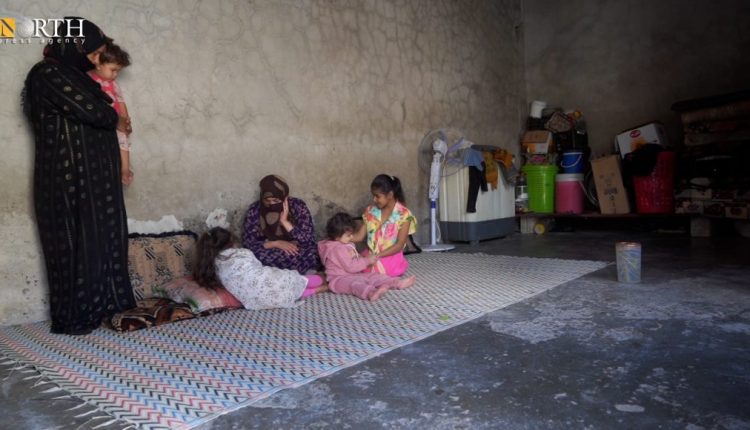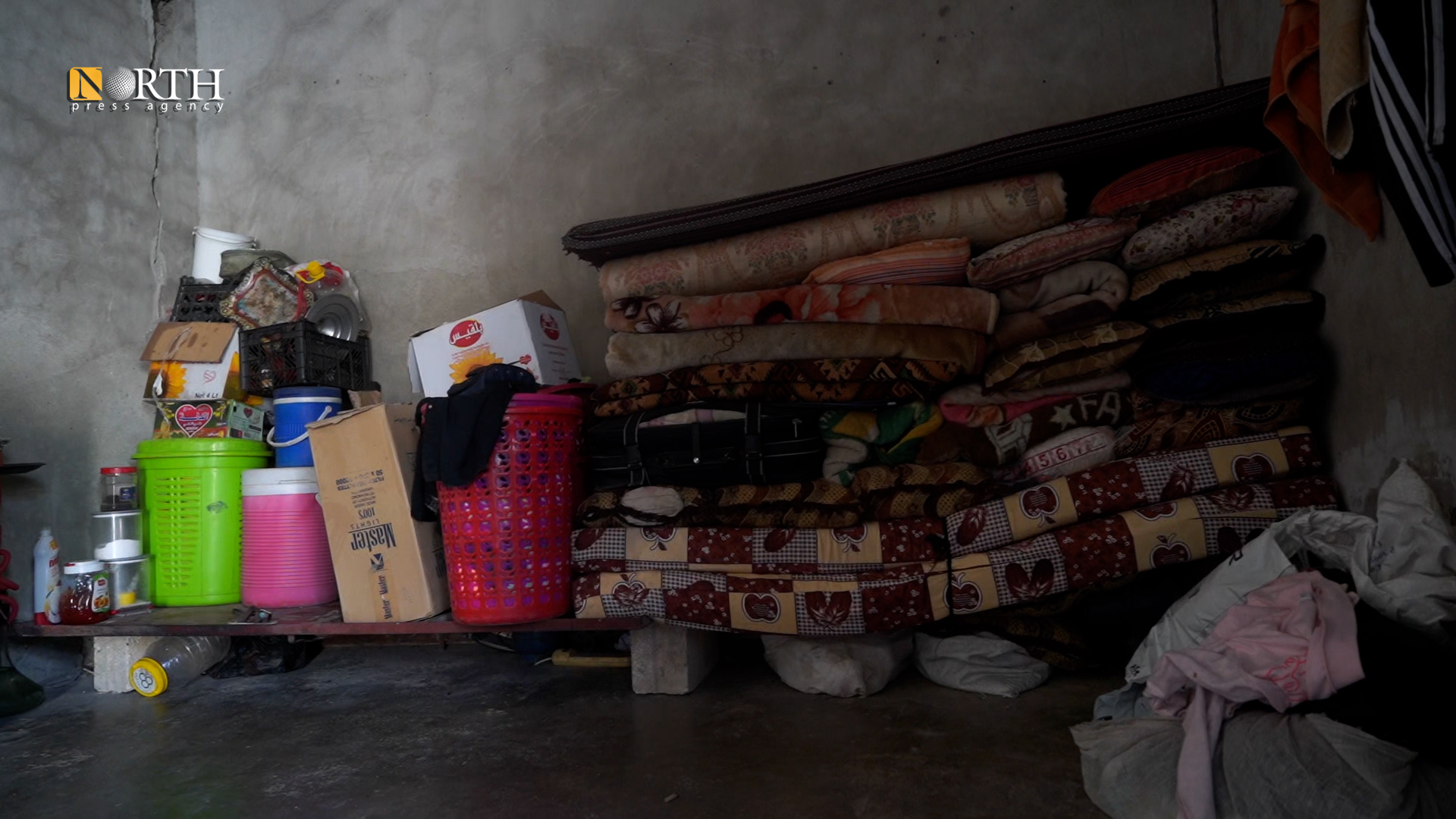
By Zana al-Ali
HASAKAH, Syria (North Press) – Yasser al-Khalaf carefully chooses his words when recounting his experiences in front of women and children, mindful that the memories of Hezbollah militants’ pagers explosions in Lebanon might disturb them.
Al-Khalaf, 28, is a Syrian refugee who recently returned from Lebanon to Raqqa Governorate in northern Syria. His decision to leave was driven by the escalating conflict between Israel and Hezbollah, which resulted in the killing of dozens of militants and leaders after pagers detonated, followed by airstrikes across various parts of Lebanon.
Among the casualties was Hezbollah’s Secretary-General, Hassan Nasrallah, who was killed on Sep. 27.
Al-Khalaf shared how he had worked as a balloon hawker for children in southern Lebanon. One day, while on the job, he noticed a man running towards them, his hands covered in blood. At first, they assumed he had been injured in a fight.
As the man drew closer, another individual suddenly exploded nearby, sending blood everywhere. Yasser immediately rushed to his wife and young son, barricading them inside their home.
It was not until over an hour later that they learned the explosions had been caused by pagers used by Hezbollah militants.
The following day, as missile strikes intensified, al-Khalaf and his family fled on foot, trekking through the mountains for an entire day until they reached the Syrian border.
He described how thousands of people were already gathered at the border, desperate to cross into Syria.
Now back in Raqqa, al-Khalaf and his family live with his in-laws, waiting for assistance to find housing or employment.
They had escaped Lebanon with nothing but the clothes on their backs, making the perilous journey through smuggling routes.

Struggles of forced recruitment and return
Al-Khalaf explained that he is wanted for compulsory military service by the Syrian government forces. In a desperate attempt to avoid recruitment, he paid a smuggler $700 to help him reach Raqqa. However, the smuggler demanded more money and even took his wife’s phone.
Maryam Aboud, a mother of four who fled Raqqa when the Islamic State (ISIS) seized control, recently returned after years in Lebanon. Her return came with challenges, as her home in Raqqa had been destroyed during the military campaign to drive ISIS out of the city.
Maryam and her children arrived in Raqqa a week ago, but they remain displaced. Her eldest son has yet to join them, as he is wanted for compulsory military service by the Syrian government.
Maryam recounted how she and her family worked in Lebanon’s orchards and agricultural fields in the Hermel Region, hoping the war would not spread to Lebanon as it had in Syria.
However, their hopes were shattered as the bombardment in Lebanon grew even more intense than in Syria. For now, they are staying at her cousin’s house, but she says no one has offered them any assistance.
Fatima Ahmad shared her own story, describing how she fled to Lebanon at the onset of the Syrian war, eventually getting married there. After spending time in refugee camps, her family moved to the Beqaa Valley, where they worked in agriculture.
Just days before leaving Lebanon, Fatima recalled the terror of warplanes breaking the sound barrier, followed by escalating missile strikes.
Initially, they stayed in their home, having nowhere else to go, but the bombardment became unbearable, forcing them to flee with nothing but the clothes on their backs.
Fatima crossed the Syrian border with her five children, but her husband remained behind because he is wanted for reserve duty by the Syrian government.
One of her daughters suffers from cerebral atrophy and urgently needs treatment. Currently, they are living in a rented house owned by her husband’s brother, uncertain of what their next step will be.
